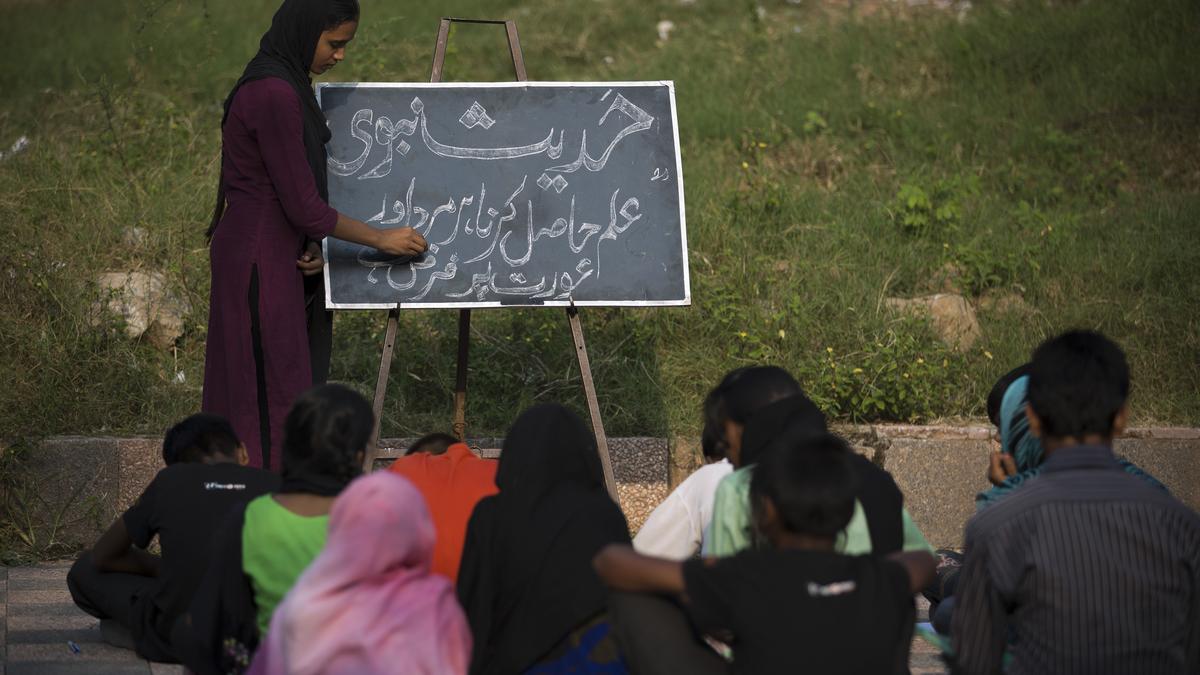
Pakistan: Primary school teachers in Khyber Pakhtunkhwa plan province-wide strike amid educational crisis
The Hindu
primary school teachers in Khyber Pakhtunkhwa province declare strike over government's decision
In a major development in Pakistan's Khyber Pakhtunkhwa province, around 1,39,000 primary school teachers have declared a province-wide strike in response to the government's decision to abandon their proposed upgrade, The Express Tribune reported.
According to the report, the All Primary Teachers Association (ATPA) announced plans to take to the streets and lock schools on October 7. On Saturday (September 15, 2024) a meeting was convened to address the situation, chaired by the association's president.
During the meeting, Khyber Pakhtunkhwa ATPA President, Mr. Azizullah presented the action plan. He announced, "We will organise demonstrations outside all press clubs across the province, along with street rallies and school closures." A sit-in protest will be held on October 7.
Also read: One in four children in Pakistan will remain uneducated by 2030: UNESCO
As a result, more than 25,000 primary schools in the province will be closed, with thousands of primary school teachers "converging on Peshawar for a historic sit-in.
"He also said that all the responsibility for the situation would be on the Khyber Pakhtunkhwa government. The general secretaries and presidents from across Khyber Pakhtunkhwa participated in the general body meeting. Addressing the event, they discussed the plan of action, stating that in the first phase, they would symbolically shut down schools. "In the second phase, we will hold a sit-in," they asserted.
Notably, Pakistan is facing an unprecedented education crisis. As many as 25.3 million children aged 5 to 16 years were found to be out of school, comprising 36% of the total school-age population of the country, the Express Tribune reported. The highest deficiency in enrolment is in rural areas. The report further mentioned that children in the age group of 5-9 years are particularly vulnerable, with 51% never having been enrolled. Around 50 % of children have either dropped out or no longer attend school. It added that 53% of the children who are out of school are girls, and "the problem is more severe in rural areas where female literacy is already quite low."


















